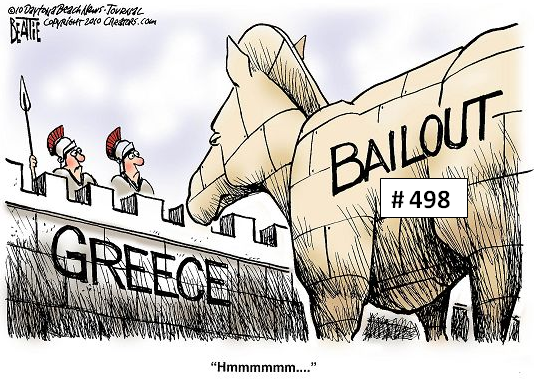Bill Black: U.S. Subsidies to Systemically Dangerous Institutions Violate WTO Principles
By Bill Black, an Associate Professor of Economics and Law at the University of Missouri-Kansas City. He is a white-collar criminologist, a former senior financial regulator, and the author of The Best Way to Rob a Bank is to Own One. Cross posted from New Economic Perspectives
Greetings from Quito, Ecuador!
Introduction: The SDIs Pose Systemic Risks
This article makes the policy case that U.S. subsidies to its systemically dangerous institutions (SDIs) violate World Trade Organization (WTO) principles. The WTO describes its central mission as creating “a system of rules dedicated to open, fair and undistorted competition.” There is a broad consensus among economists that the systemically dangerous institutions (SDIs) receive large governmental subsidies that make “open, fair, and undistorted competition” impossible. To date, WTO is infamous for its hostility to efforts by nation states to regulate banks effectively. At best, the result is a classic example of the catastrophic damage cause by the “intended consequences” of the SDIs’ unholy war against regulation.
Read more...
